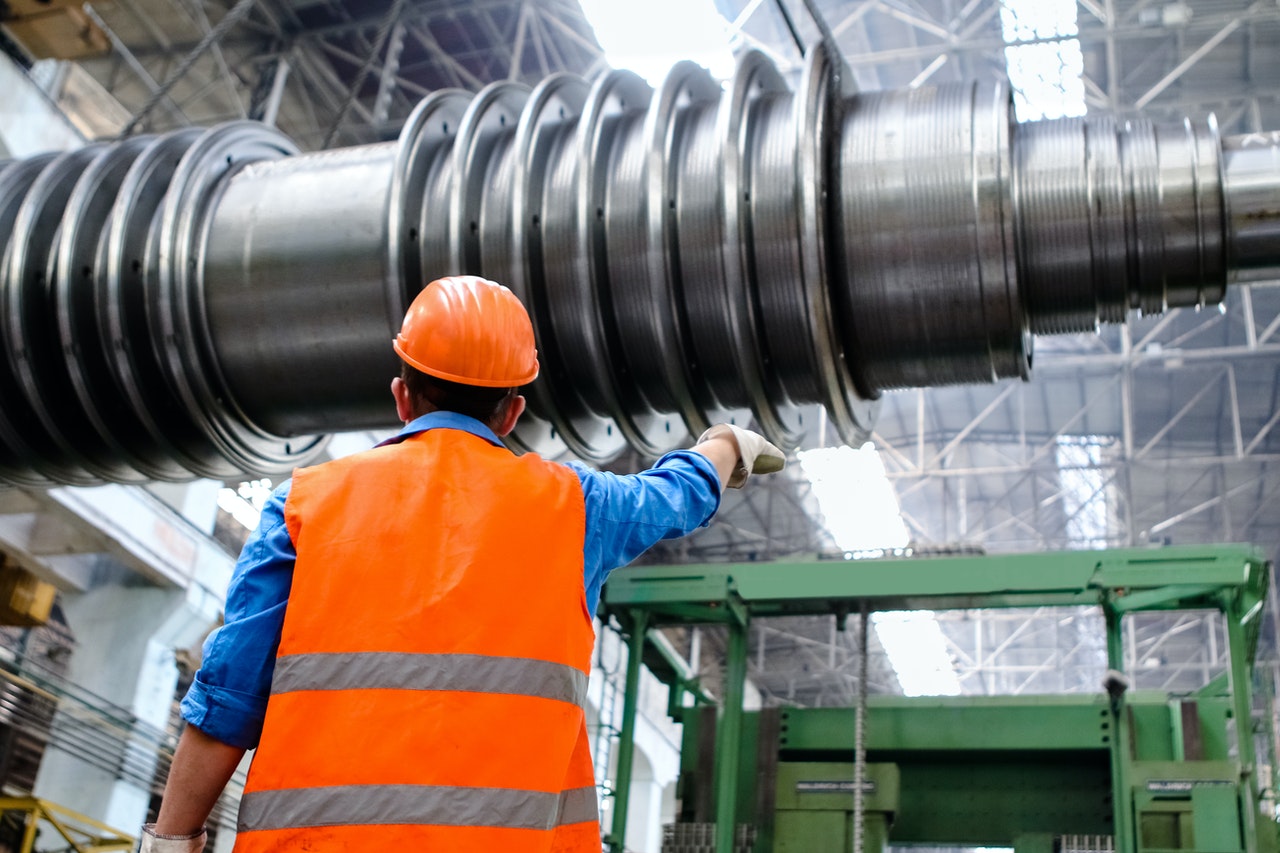For many industrial businesses, acquiring a piece of equipment or machine is a significant investment. Ideally, you want quality equipment you can use in your operations for a long time to avoid frequent changes or upgrades, which can hurt your finances.
Nevertheless, any business in the production sector requires equipment that features the latest technology to quickly and efficiently run their tasks. Below are the most important considerations when selecting the best equipment for your business.
Check the equipment’s production output.
First and foremost, check the production output of the machine you’re eyeing. Consider its performance against the cost, and determine the utilities it requires. Assess if the equipment can provide maximum production output without high utility usage or consumption. You’d want to buy a machine or equipment that boosts your production and manufacturing activities, not your utility cost and overhead.
For instance, if you settle for equipment that requires high gas or water consumption to produce the volume of goods you’re targeting, you’ll be shelling out money beyond the cost of materials and labor. To factor-in utilities in your final production cost, you may have to increase your price or lower your target output, which could hurt your profits. Find the equipment that gives you an ideal production output level while also maximizing your profit.
Determine how much power it consumes.
Another critical factor to consider is power consumption. For example, if you’re a small business that just opened a new warehouse, it’s financially ideal to opt for machines that won’t give you a high energy cost. One way to work around this is to get a machine that requires a domestic phase to function.
Arranging commercial power is costly. By opting for the right equipment, you don’t have to worry about the ever-changing energy prices, which are usually affected by changes in electricity demand.
Identify its overall space requirement.
Before buying any equipment, always check the amount of space it will take up. Most industrial or manufacturing equipment requires more than just an installation room. Check how much additional space it needs to operate efficiently and whether it involves human support.
Knowing the exact area size you need will help you plan your factory layout well and anticipate changes or adjustments in the operation process. Do thorough measurements before you buy.

Check the required workforce engagement.
Next, determine the level of manpower engagement that the equipment requires. Some semi-automatic machines will need three or more people to operate them. On the other hand, multiple fully automatic equipment can be run by one individual without problems.
Identifying this kind of requirement also enables you to see extra costs, such as proper equipment training for the individuals in charge of the operation. Opt for a machine that requires minimum manpower utilization.
Compare prices and shop around.
As you already know, industrial machines also vary in price. Their price tags may depend on several factors, including the complexity and number of features, quality of production materials, the provider or brand, and more. When shopping around, don’t pick the cheapest one just because you think it’s practical. Always assess the reasons behind the price.
However, keep in mind that the most expensive price tags don’t always equate to top quality. When comparing prices, check other factors like customer feedback and ratings to make a better purchase decision.
Decide if you should go for a used or new one.
Lastly, determine whether to buy used or new equipment. The answer to this can be different for everyone. But the best way to determine which one to go for is assessing your business reality, especially when it comes to your budget.
For example, buying a used gas radiant heater for your warehouse is more cost-friendly than getting a new one. You are also presented with other great benefits such as lower insurance costs and no new-equipment depreciation. If you’re looking to get a good, long warranty and updated technology, though, purchasing a brand-new heater is a wise decision.
Ask yourself several questions to easily determine what works for your company. How much is your budget? What functions and features do you prefer? What are your vendor options? Are you going to use the equipment for long-term production?
Bear in mind that buying manufacturing equipment is never cheap. Take your time to inspect your options and examine aspects that will benefit your business more than others. This guide will help you bring in more profits in the long term.

